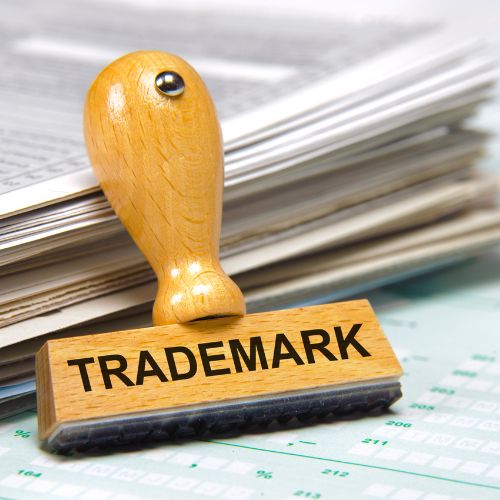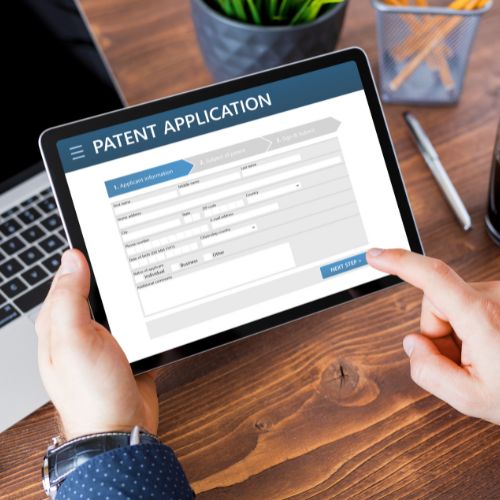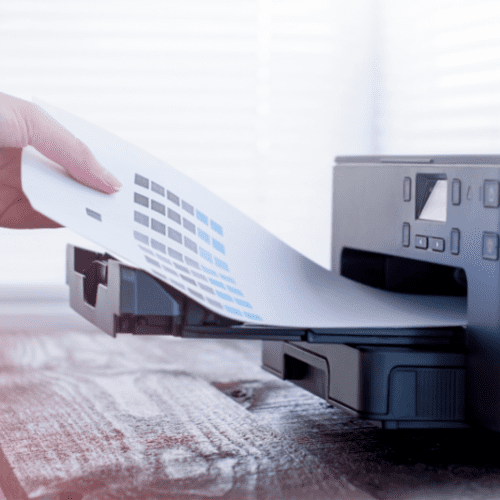Malicious falsehood is distinct from defamation because there is no need to show that the statement is likely to cause reputational damage.
For example, if someone makes a false statement that your brand name has ceased to trade and the business loses revenue. As a result, this could constitute malicious falsehood. This is despite the fact that the statement itself did not include any negative comments about the brand itself, for example by suggesting that products or services fell below the expected standards, which could have amounted to defamation if the loss was incurred as a result.
To pursue a claim for malicious falsehood, you must show that the statement was both false and was made maliciously, meaning that the other party either knew that it was untrue, or were reckless to the fact. Their liability may be mitigated considerably if they quickly publish a corrective statement acknowledging the falsehood because this will diminish the element of malice.
In most cases, you will also need to show that loss or damage has been suffered as a result.
There are however exceptions to this rule, for example, if it can be shown that the statement was published in a permanent format and calculated to cause financial loss to the individual or to their company, business or intellectual property.
You must make your claim within one year of the malicious falsehood occurring. Whatever has happened, it is essential to seek the right level of legal advice before deciding on how to proceed.
At Ackroyd Legal, our dedicated solicitors will look at the facts and advise upon whether what has occurred amounts to defamation or malicious falsehood and guide the best way to proceed to reach the outcome that you deserve.

Our expert copyright solicitors are well known for advising clients from a range of business sectors…

Ackroyd Legal have developed a global reputation for its provision of high-level IP legal services…

We advise market leaders, start-ups and challenger brands on a variety of issues relating to patents…

We provide a full-service experience, from the acquisition, protection and exploitation of intellectual…

Data protection law deals with how companies and organisations can lawfully use personal data…

Within the UK, design protection law applies to the shape and appearance of an entire product…

Whatever the nature and scope of your business, your domain name will…

The law of malicious falsehood is designed to protect individuals from statements…

Defamation arises if someone publishes a statement about you, your company…

Database rights represent a new and developing area of law. The expert IT and intellectual property…

Ackroyd Legal has developed a global reputation for its provision of high-level IP legal services…

Our dedicated team of intellectual property experts offer practical advice and ongoing support…
GET IN TOUCH

16 Prescot Street,
London, E1 8AZ
Ackroyd Legal is a trading style/name of Ackroyd Legal (London) LLP , which is authorised and regulated by the Solicitors Regulation Authority, SRA No. 554585 and is a LLP registered in England & Wales, Company No. OC360125; VAT no. 445717436;
David Ebert LLP is a separate entity from Ackroyd Legal (London), LLP and are authorised and regulated by the Solicitors Regulation Authority, SRA no. 558176.